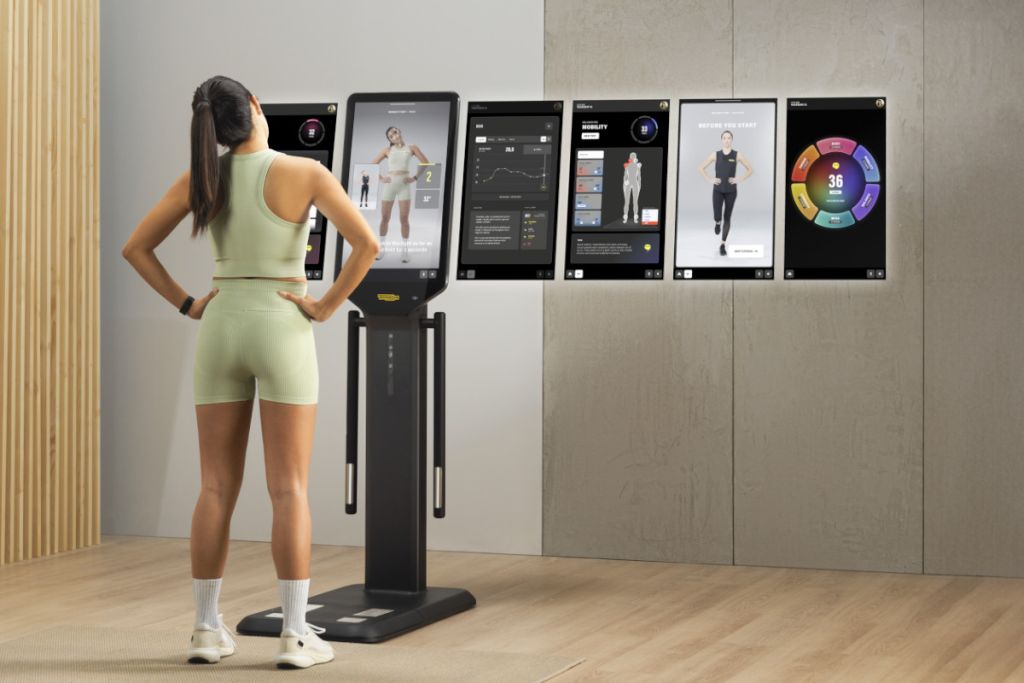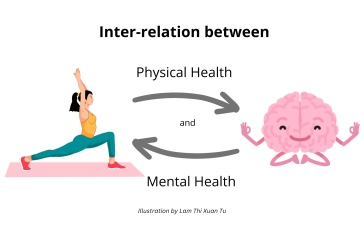Artificial intelligence (AI) has rapidly permeated various aspects of our lives, and the wellness industry is no exception. From personalized fitness plans to mental health support, AI is revolutionizing how we approach and maintain our well-being. This transformation is making wellness more accessible, personalized, and effective for people worldwide.
The wellness industry has seen significant advancements over the past decade, with AI playing a crucial role in driving these changes. The integration of AI into wellness practices has enabled more personalized and data-driven approaches, helping individuals achieve their health goals more efficiently. This article explores the rise of AI in wellness, highlighting its impact on fitness, nutrition, mental health, and overall well-being.
1. AI in Personalized Fitness
AI has transformed the fitness industry by providing tailored workout plans and real-time feedback, making exercise more effective and engaging for individuals of all fitness levels.
Smart Fitness Equipment
One of the most noticeable impacts of AI in fitness is the development of smart fitness equipment. These devices use AI algorithms to analyze users’ movements, provide real-time feedback, and adjust workout plans based on performance. For instance, smart treadmills and stationary bikes can alter resistance and speed to match the user’s fitness level and goals, ensuring optimal workouts.
Fitness Apps and Wearables
AI-powered fitness apps and wearables have become increasingly popular. These tools collect data on physical activity, heart rate, sleep patterns, and more, using this information to create personalized fitness plans. Apps like MyFitnessPal and Fitbit use AI to analyze users’ data and offer customized workout routines, helping individuals stay motivated and achieve their fitness goals more efficiently.

2. AI in Nutrition and Diet Planning
Nutrition is a critical component of wellness, and AI is making it easier for people to maintain a balanced diet tailored to their specific needs and preferences.
Personalized Meal Plans
AI-driven apps and platforms can analyze an individual’s dietary habits, health goals, and preferences to create personalized meal plans. Apps like Nutrino and PlateJoy use AI algorithms to suggest recipes and meal plans that meet specific nutritional requirements, helping users make healthier food choices without the guesswork.
Dietary Tracking and Analysis
AI technology also aids in tracking and analyzing dietary intake. By using AI to scan and recognize food items, apps can provide detailed nutritional information, track calorie intake, and monitor macronutrient ratios. This level of detail helps individuals understand their eating habits better and make informed decisions about their diet.
3. AI in Mental Health Support
Mental health is a crucial aspect of overall wellness, and AI is playing an increasingly important role in providing accessible and effective support for mental well-being.
Chatbots and Virtual Therapists
AI-powered chatbots and virtual therapists offer round-the-clock mental health support. These tools can provide immediate assistance, guidance, and even therapeutic conversations to users in need. Apps like Woebot and Wysa use AI to interact with users, offering cognitive-behavioral techniques and mindfulness exercises to help manage stress, anxiety, and depression.
Mental Health Monitoring
AI can also monitor mental health by analyzing data from various sources, such as social media activity, wearable devices, and smartphone usage patterns. This analysis helps in identifying early signs of mental health issues, enabling timely intervention and support. For example, AI algorithms can detect changes in sleep patterns or physical activity that may indicate stress or depression, prompting users to seek help.
4. AI in Overall Well-Being
Beyond fitness, nutrition, and mental health, AI is contributing to overall well-being by promoting healthy habits and facilitating preventive care.
Health Monitoring and Predictive Analytics
Wearable devices and health apps equipped with AI capabilities can monitor vital signs and predict potential health issues before they become serious. By analyzing data such as heart rate variability, blood pressure, and activity levels, AI can provide insights into an individual’s health status and recommend preventive measures. This proactive approach helps users maintain their health and avoid chronic conditions.
Virtual Health Assistants
Virtual health assistants like Amazon’s Alexa and Google Assistant are integrating AI to provide health-related advice and reminders. These AI assistants can remind users to take their medication, schedule doctor appointments, and offer health tips based on user queries. This convenience makes it easier for individuals to manage their health and stay on top of their wellness routines.
Conclusion
The rise of AI in wellness is transforming how we approach health and well-being. By providing personalized fitness plans, tailored nutrition advice, mental health support, and comprehensive health monitoring, AI is making wellness more accessible and effective. As technology continues to advance, the integration of AI in wellness will likely become even more sophisticated, offering new and innovative ways to support our health journeys. Embracing these AI-driven solutions can help individuals achieve their wellness goals more efficiently and enjoy a higher quality of life.






